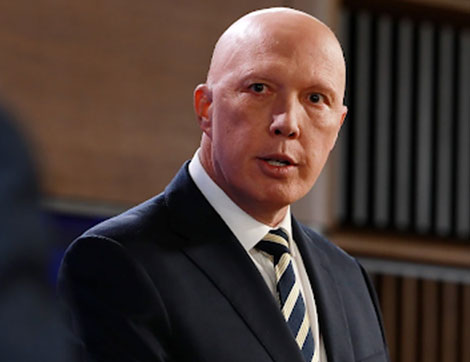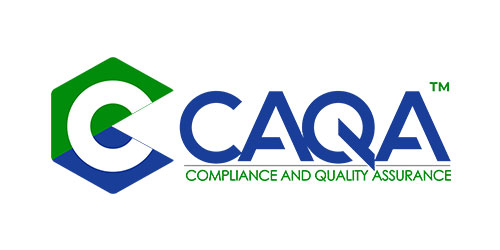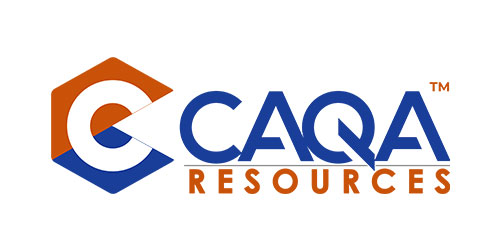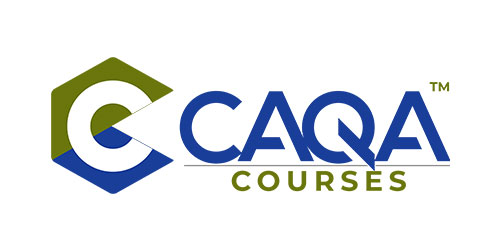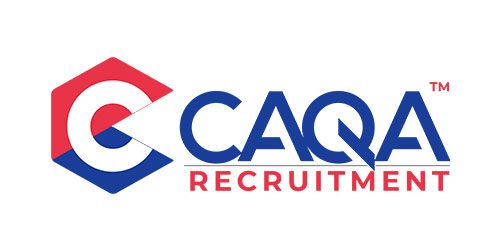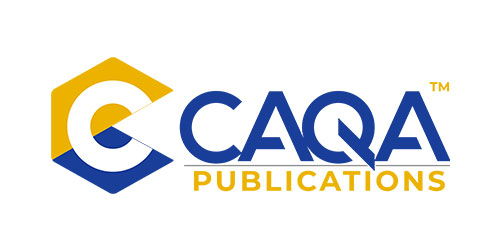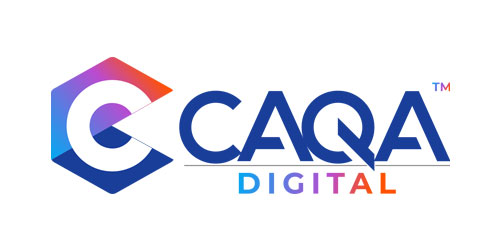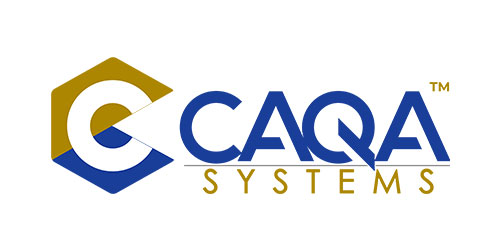
News
It is a requirement of the Standards for RTOs 2015 that all Registered Training Organisations (RTOs) have a system in place to manage complaints. This means having procedures and processes in place to handle any complaints made by learners, employees, employers, and other members of the public.
The system should be accessible to all stakeholders and should be clear about how complaints can be made, who will deal with them, and how they will be resolved. The system should also provide information about the rights of stakeholders, and the responsibilities of the institution.
Complaints can be made in person, by phone, by email, or in writing. The institution must ensure that all complaints are dealt with in a confidential and timely manner.
If a complaint cannot be resolved at the institutional level, it can be escalated to the relevant regulatory body.
Complaints can be made about a range of issues, including but not limited to:
- Course content or delivery
- Assessment practices
- Support services
- Fees and charges
- Student rights and responsibilities
RTOs must ensure that all complaints are dealt with promptly, fairly and transparently. All parties involved should be given the opportunity to have their say and be kept informed of the outcome.
The first step in managing a complaint is to ensure that it is logged and recorded in the Complaints Register. This will help to ensure that all complaints are dealt with in a consistent manner. Once a complaint has been logged, the next step is to investigate the complaint and determine whether it is valid.
If the complaint is found to be valid, the RTOS must take appropriate action to resolve the issue. This may involve anything from providing a refund or compensation to the complainant, to taking disciplinary action against an employee. In some cases, it may be necessary to refer the matter to external bodies such as the police or the regulator.
It is important to note that not all complaints will result in a formal investigation. Some complaints may be resolved informally through discussion between the parties involved. However, all complaints must be logged and monitored so that trends can be identified and addressed.
If you are an RTOS and you have received a complaint, it is important that you take action immediately to log and record the complaint. If you are not sure how to deal with the complaint, you should seek advice from your regulator or another suitably qualified person.
There are a few things to keep in mind when dealing with complaints:
- Be objective – try to look at the situation from all perspectives
- Be fair – treat all parties involved equally
- Be confidential – respect the privacy of those involved
- Be timely – act quickly to resolve the issue
If you are a student who has a complaint, or an RTO that has received a complaint, there are a few things you can do:
Talk to the person or department you have the complaint about. This may be able to resolve the issue quickly and easily.
If you are not comfortable talking to the person or department directly, you can ask to speak to a manager or supervisor.
If the issue is still not resolved, you can make a formal complaint. This may be done in writing, by email or over the phone.
RTOs must have a complaints and appeals policy that outlines the procedures for making a formal complaint. This should be easily accessible to students, staff and other stakeholders.
Once a formal complaint has been made, the RTO will investigate the issue and determine a course of action. The outcome of the complaint will be communicated to the student in writing.
If the student is not satisfied with the outcome of their complaint, they can appeal the decision. RTOs must have an appeals policy that outlines the procedures for making an appeal.
Appeals will be reviewed by a panel of independent people who were not involved in the original complaint. The panel will make a decision based on the evidence and information presented. The outcome of the appeal will be communicated to the student in writing.
Students have the right to complain about their education and training, and RTOs have a responsibility to manage complaints effectively. By following the procedures and processes set out in the Standards for RTOs 2015, RTOs can ensure that all complaints are dealt with fairly, transparently, and in a timely manner.
 1800 961 980
1800 961 980 info@careercalling.com.au
info@careercalling.com.au







